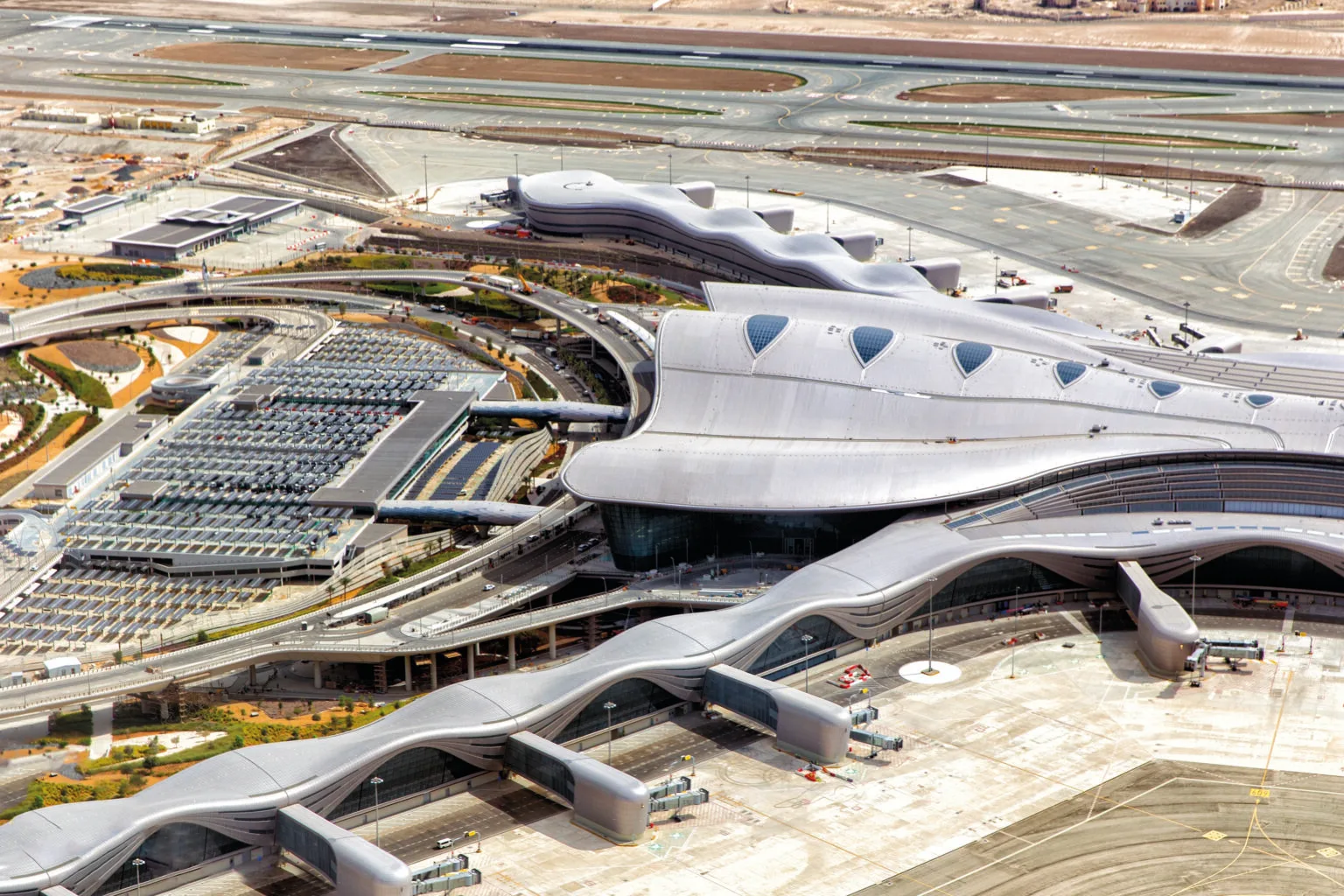Air Cargo Power Shift in the Middle East
The Middle East is experiencing a remarkable ascent in the air cargo arena, positioning itself as a global powerhouse. With strategic investments, cutting-edge infrastructure development, and enhanced connectivity, countries such as the UAE, Qatar, and Saudi Arabia are outpacing other regions in their long-term aviation strategies. This trend has significant implications for logistics operations worldwide.
A Coordinated Strategy for Success
In stark contrast to traditional aviation paradigms, the region’s approach to aviation, particularly air cargo services, reflects a synchronous alignment among governments, airports, and airlines. Such harmony has driven substantial investments in both passenger and cargo facilities, setting the Middle East apart from regions like Europe, where bureaucratic snafus often hinder progress.
Investment vs. Stagnation
Willie Walsh, Director General of the International Air Transport Association (IATA), pointed out that the investment pace in the Gulf states contrasts sharply with the stagnation in Europe. While the Middle East rolls out new runways and state-of-the-art cargo hubs, Europe is mired in complex regulatory challenges that stifle similar advancements. An example of this can be seen in Heathrow, where plans for a third runway have faced prolonged delays and financial disputes. The economic rationale behind substantial projects in the UK is often overshadowed by costs and poor outcomes associated with prolonged development timelines.
| Middle East Developments | European Challenges |
|---|---|
| New runways and cargo facilities | Regulatory paralysis |
| Coordinated investment strategies | High operational costs |
| Gulf states aligning government with aviation | Fragmentation in aviation strategies |
Changing Dynamics of Global Hubs
The shift in industry dynamics is palpable. As Europe grapples with high operational costs, transfer traffic is increasingly gravitating toward Middle Eastern hubs, where airlines like Emirates have flourished. The future of air cargo is likely to tilt more towards the Middle East and Asia, with its burgeoning connectivity and economic opportunities.
The Shift in Transfer Traffic
The notion that Europe will retain its longstanding dominance as a global transit hub is becoming less tenable. As Walsh aptly stated, a robust hub not only extends reach but also enhances economic connectivity by supplementing local demand with transfer traffic. The strategic positioning of hubs in Dubai and Doha has transformed them into critical connectors for international trade and logistics.
Emergence of New Competition
Asian cities, notably Hong Kong and various emerging hubs within China, are further complicating the landscape by enhancing their capabilities in cargo transport. The challenges faced by European airports are compounded with high operational costs and increased complexities in logistics, making it essential for them to innovate rapidly. As logistical efficiency becomes key, the Middle East’s rapid adaptation may set the stage for its continued growth as a crucial logistics hub.
Future Outlook: Navigating New Challenges
While European and American hubs maintain relevance due to solid origin-and-destination traffic, their future in terms of cargo and long-haul transfers remains uncertain. Walsh notes that an overreliance on transfer traffic could spell trouble, especially as airports like Heathrow grapple with high costs linked to expansion projects. Competition is fierce, and the agile adaptation demonstrated by Middle Eastern hubs illustrates the necessity of reform in logistics strategies.
Cutting Costs Amid Rising Complexities
Airspace closures, particularly due to geopolitical tensions, have elevated operational complexities and costs for airlines navigating Europe-Asia routes. Navigating the logistics landscape has never been more challenging, and as Walsh points out, optimizing journey times and operational costs is crucial for staying competitive in a swiftly changing environment.
Wnioski
In summary, the Middle East is positioning itself assertively as a leader in global air cargo logistics, redefining the landscape of international transport and distribution. Its investments in infrastructure and collaborative strategies highlight a crucial shift in the industry. As logistics continue to evolve, platforms such as GetTransport.com offer customers a reliable means to engage in global cargo transportation solutions, ensuring that even the most complex logistics needs can be met effectively and efficiently. By utilizing services that offer various transportation options—be it moving offices, delivering cargo, or transporting bulky items—businesses can navigate this rapidly evolving landscape seamlessly and affordably. Book now at GetTransport.com.
Understanding the nuances of air cargo in the Middle East and its implications for the logistics sector provides invaluable insights for industry stakeholders. While reviews and analysis are beneficial, experiencing these developments firsthand elevates decision-making. At GetTransport.com, customers can plan their cargo transportation requirements with confidence, ensuring that they are leveraging a platform that champions transparency and affordability. This allows you to make informed logistics decisions without added expenses or unwarranted complications.
With a wide array of transportation options and affordable pricing, readers can take advantage of GetTransport.com’s extensive capabilities and seamless service. This is the way to engage with evolving logistics trends while prioritizing your budget and operational efficiency—your cargo deserves nothing less. Book your transportation with GetTransport.com for the best offers today!

 Rosnąca siła transportu lotniczego na Bliskim Wschodzie">
Rosnąca siła transportu lotniczego na Bliskim Wschodzie">